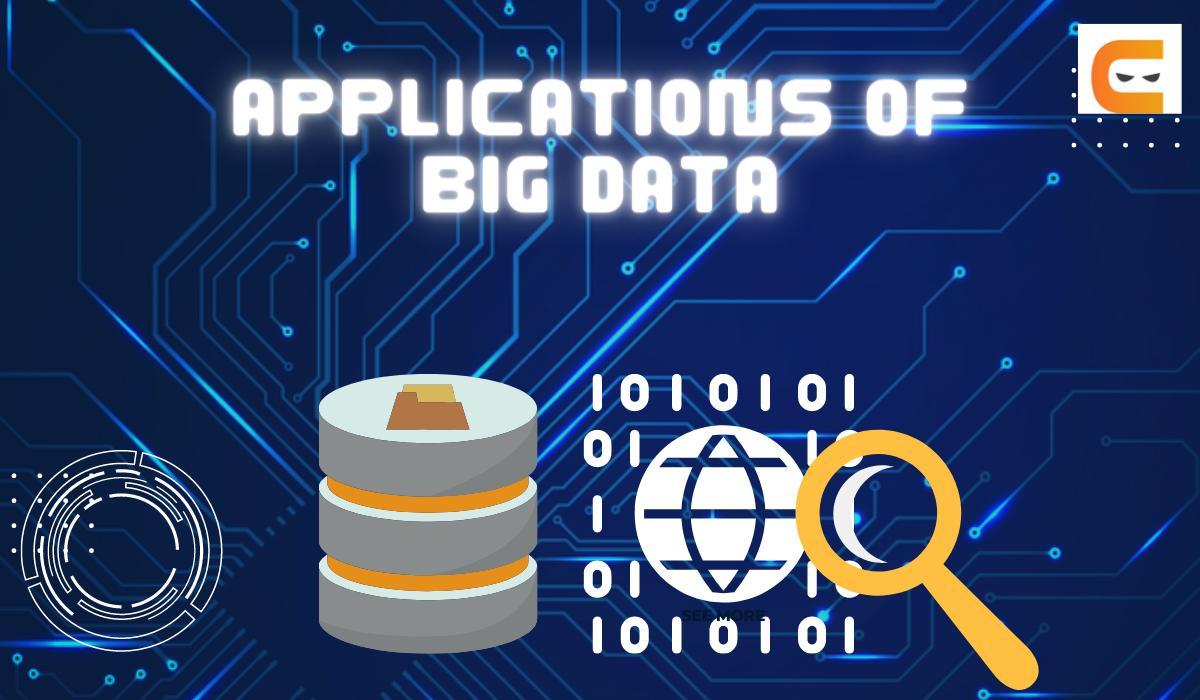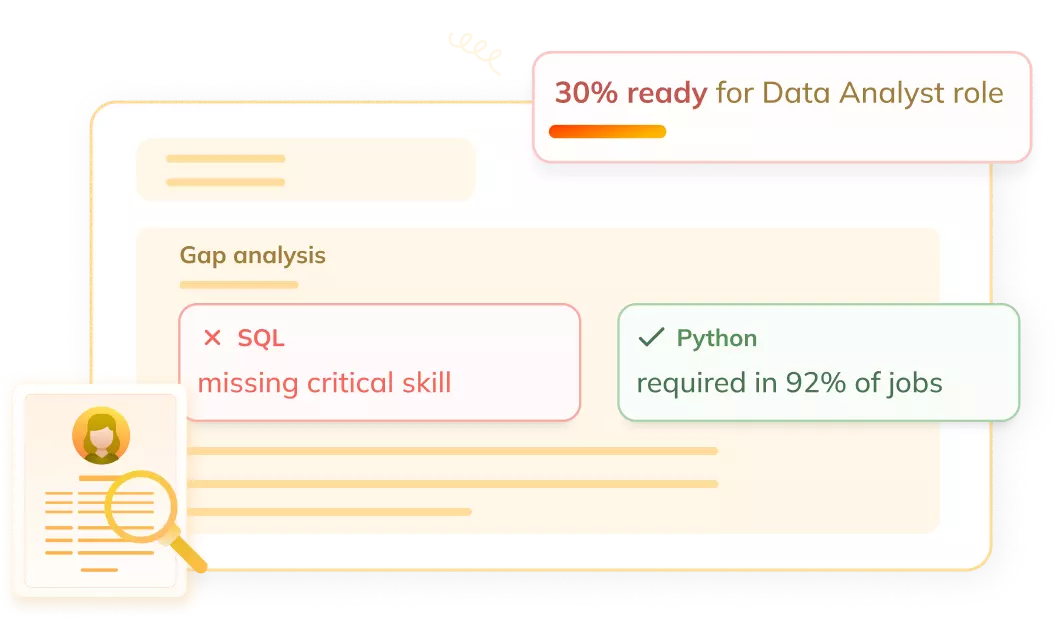Applications Across Industries
1. Healthcare
In healthcare, big data can lead to breakthroughs in treatment protocols and patient outcomes. By collecting and analyzing large datasets from patient records, wearable devices, and genome sequencing, researchers can uncover patterns that enable personalized medicine and predictive analytics. For instance, Google's DeepMind Health uses big data to help doctors identify diseases earlier and make more accurate diagnoses.
2. Retail and E-commerce
Big data analytics help businesses understand consumer behavior and preferences, enabling them to offer personalized experiences and recommendations. Amazon and Netflix are classic examples of companies leveraging big data for personalized recommendations.
3. Finance and Banking
Financial institutions use big data for risk management, fraud detection, customer segmentation, and algorithmic trading. Credit card companies, for example, can identify fraudulent transactions in real time using big data analytics.
4. Manufacturing and Logistics
Big data can optimize supply chain efficiency, predict machinery breakdowns, improve product quality, and streamline operations. Companies like GE use big data to optimize the performance and maintenance of their manufacturing equipment.
5. Public Sector
Government agencies use big data for various purposes, including crime prevention, enhancing citizen services, and policy-making. For instance, police departments in some cities use big data tools like PredPol to predict crime hotspots.
Challenges and Opportunities
While big data promises significant benefits, it also poses challenges, particularly in data privacy, data security, and ethical use of data. These issues must be addressed to fully harness the potential of big data.
Frequently Asked Questions
What is Big Data?
Big Data refers to extremely large data sets that can be analyzed computationally to reveal patterns, trends, and associations.
Why is Big Data important?
Big Data allows businesses to make more accurate predictions and informed decisions, leading to improved operational efficiency, customer satisfaction, and overall profitability.
What are the challenges in using Big Data?
Data privacy, data security, and ethical use of data are some significant challenges in the usage of big data.
Conclusion
Big data, when leveraged appropriately, can transform industries and our lives in profound ways. From personalized healthcare to more efficient public services, its applications are virtually limitless. However, responsible and ethical data use is crucial to prevent misuse and protect privacy. As we continue to generate and collect more data, big data will undoubtedly play an increasingly significant role in shaping our future.
- It can be accessed by users through any web browser.
- Easy to use interface and supports various libraries.
- The auto-close feature of parentheses, angular brackets, and symbols.
- The code debugger scans the code and provides feedback on the errors when you run the code.
- The syntax highlighting feature colours the elements of the code to increase readability.





